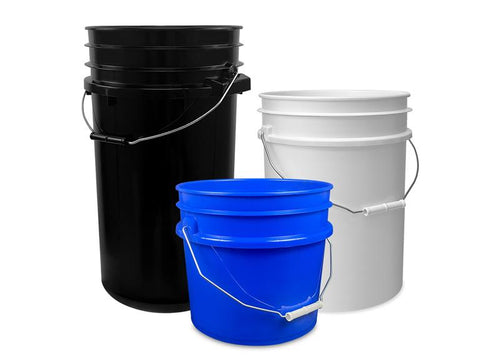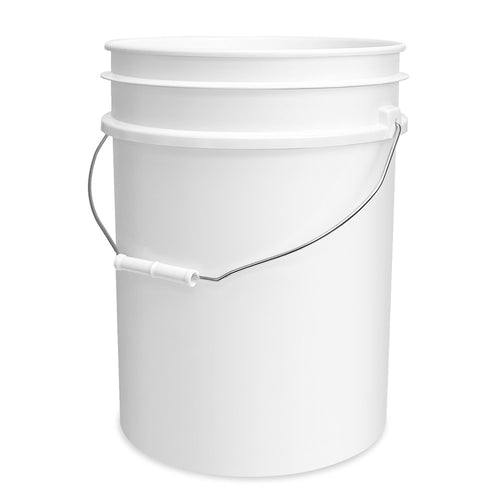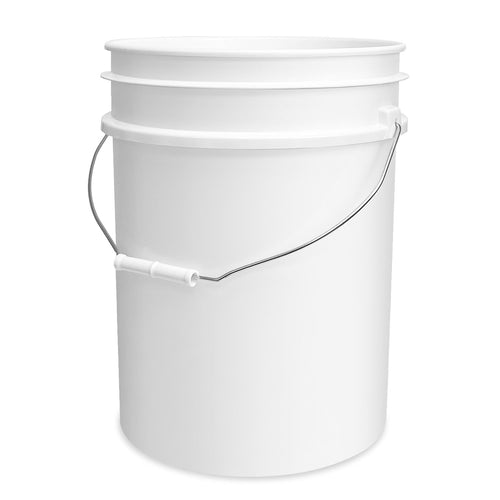A primary advantage of quality products is the security and peace of mind they provide. Being able to use containers without health concerns offers significant relief, especially for busy individuals managing multiple responsibilities. Having safety guaranteed makes a product a worthwhile addition to any household.
For parents, keeping children away from toxic materials represents a fundamental concern. Ensuring environmental safety constitutes a core parental responsibility, and non-toxic items help lighten this burden. This safety consideration extends equally to business owners utilizing plastic containers for their products—potentially exposing customers to harmful substances could have severe consequences for businesses.
Key Point: BPA-free plastics provide essential peace of mind for both families and businesses by eliminating exposure to a potentially harmful chemical, making them ideal for food storage and everyday use.
Affordable and Reusable
Plastic's affordability represents one of its major advantages. Manufactured from cost-effective materials compared to wood or metal alternatives, plastic products require minimal maintenance while offering impressive durability and easy cleaning. They don't demand specialized tools or cleaning agents, though proper recycling becomes necessary after extended use.
Compared to metal and wood, plastic does exhibit greater brittleness and malleability. Sufficient force can cause bending, tearing, or breakage. Once damaged, proper recycling becomes imperative since plastics are not biodegradable and can potentially cause harm to users. Bacteria and germs can infiltrate compromised plastic, potentially causing illness.
Eco-Friendly
Our ecosystem has long contended with plastic-related challenges. Plastic products contribute significantly to environmental concerns due to their slow decomposition rates compared to organic materials, and smaller plastic fragments can harm wildlife.
What distinguishes BPA-free plastics is their non-toxic composition and reusability. These plastics can be used repeatedly until they become damaged. They won't cause toxicity-related issues because they're specifically manufactured with materials safe for human contact.
While recycling remains an option for these plastics, careful maintenance allows for extended use, reducing waste and environmental impact.
Which Plastics are Safe to Use?
Plastics exist to improve our lives, yet different plastic types incorporate various materials for specific purposes. This diversity can create confusion and concern about which plastics are truly safe for everyday use.
For quick identification, note that plastics labeled with recycling code #7 typically contain BPA, while other numbered plastics (1, 2, 4, and 5) are generally BPA-free. Always check packaging for "BPA-free" labeling when selecting food storage containers.
Common BPA-Free Plastic Types:
- #1 - PET or PETE (Polyethylene Terephthalate) - Used for water bottles and food containers
- #2 - HDPE (High-Density Polyethylene) - Used for milk jugs and detergent bottles
- #4 - LDPE (Low-Density Polyethylene) - Used for squeeze bottles and plastic bags
- #5 - PP (Polypropylene) - Used for yogurt containers and medicine bottles
BPA Side Effects

Understanding health concerns related to BPA exposure is crucial for making safe plastic choices
Hormone Imbalance
BPA interacts with the human body through a concerning mechanism. Research identifies BPA as an endocrine disruptor, capable of mimicking certain hormones and potentially causing systemic imbalances.
This hormone disruption presents particular risks for women, as BPA tends to mimic estrogen, potentially contributing to breast cancer or affecting fetal development during pregnancy. The rapid hormonal fluctuations from BPA exposure may even reduce chemotherapy effectiveness due to its high replication rate.
Cancer
The classification of BPA as an endocrine disruptor connects directly to increased cancer risk. By creating hormonal imbalances, BPA may promote additional tissue growth that could potentially develop into cancer cells.
For women, BPA exposure has been linked to breast cancer and PCOS (Polycystic Ovary Syndrome) due to detected excess estrogen. For men, similar hormonal disruptions may contribute to prostate cancer risk.
The body continuously strives to maintain hormonal equilibrium for optimal function. Even minor disturbances to this delicate balance can potentially trigger significant systemic problems.
Weight Problems
Weight management represents one of America's most significant health challenges. Unchecked weight issues can lead to serious conditions including heart disease, type 2 diabetes, and hypertension.
BPA-induced hormonal imbalances may disrupt insulin production, potentially leading to slower metabolism, increased fat cell production, and impaired sugar breakdown. These hormonal disruptions create a difficult-to-avoid cascade effect, as the body may signal increased consumption due to BPA-related hormonal interference.
Bonus Tip: How To Clean Plastics
1. Rinse plastics to remove dirt and residue
2. Apply a baking soda coating to all surfaces
3. Add vinegar to create a foaming reaction
4. Scrub the foam throughout (this helps deodorize)
5. Rinse thoroughly and allow to dry overnight
6. Wash with dish soap and water before next use

Proper cleaning techniques help maintain your BPA-free containers
Making the Switch to BPA-Free
Ultimately, the goal of both product manufacturers and consumers should be to enhance quality of life. Ensuring that products serve customers safely and effectively represents a core responsibility. This commitment to safety and quality explains the growing shift toward BPA-free materials across the packaging and container industry. By selecting BPA-free plastics, consumers can reduce their exposure to potentially harmful chemicals while still enjoying the convenience, affordability, and versatility that plastic products offer. This conscious choice benefits not only individual health but also contributes to a healthier environment through increased reusability and reduced waste.
Key Reasons to Choose BPA-Free Plastics
- Eliminates exposure to a potentially harmful endocrine-disrupting chemical
- Reduces risks of hormone imbalance, which may be linked to various health issues
- Provides safer food storage options, particularly for vulnerable populations
- Offers affordable, durable alternatives to traditional plastics
- Contributes to environmental sustainability through extended reuse
Explore Our BPA-Free Solutions
Food-grade buckets, containers, and more — all BPA-free for your safety and peace of mind.


















































